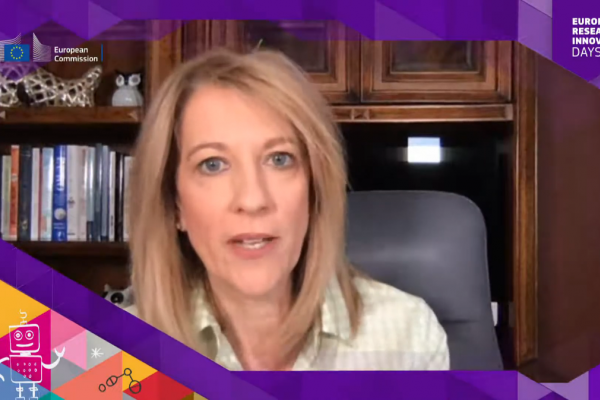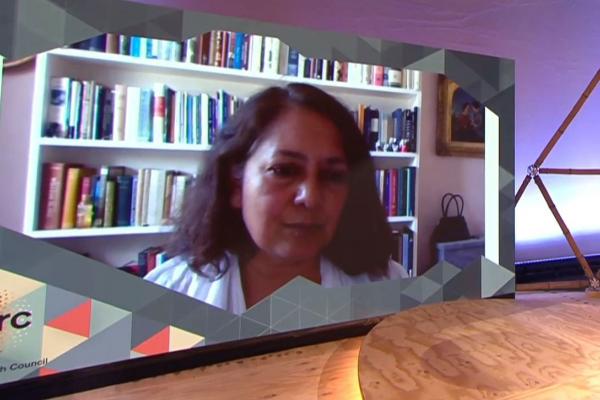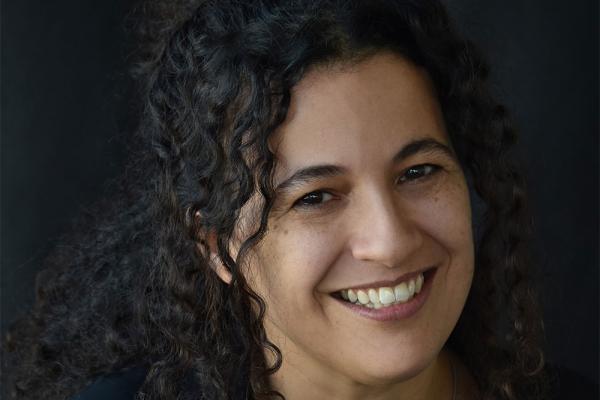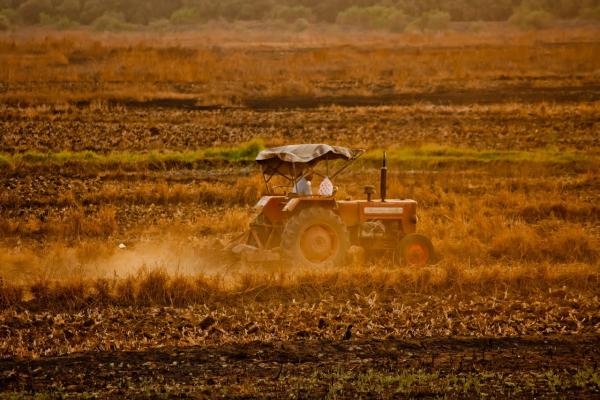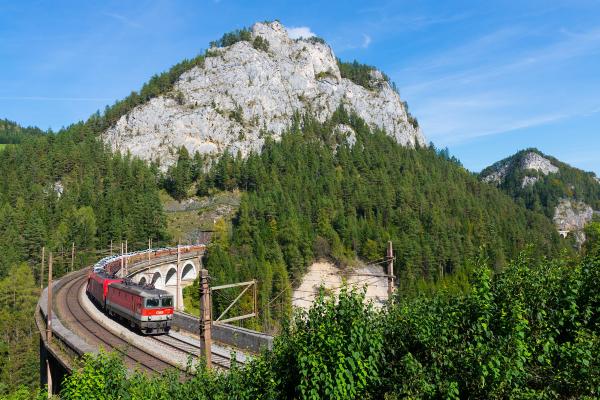Taking stock: Where next for research?
The world looks very different from this time last year. The coronavirus pandemic has highlighted the centrality of science, research and innovation, accelerated some changes already in the works, but also exposed our weaknesses. In September, Horizon looks at how the pandemic is reshaping Europe in areas including health research, work, tech, transport and food – and how research can contribute to Europe’s recovery over the coming years. We will also be covering the European Research and Innovation Days at the end of the month, which will bring together scientists, policymakers, entrepreneurs and citizens to debate how research and innovation can ensure that the transition to a post-coronavirus society is sustainable, inclusive and resilient.
European governments need to provide investment on a ‘wartime footing’ to stimulate a post-coronavirus economic recovery, but also need to redefine economic success to incorporate climate and social goals, the European Research and Innovation Days conference has heard.
The world’s pressing need is a vaccine to fight the current threat of Covid-19, but ultimately we may be able to develop a pan-coronavirus vaccine, Sunetra Gupta, a professor of theoretical epidemiology at the University of Oxford, UK, said at the European Commission’s annual research event.
Recent advances are bringing cancer vaccines much closer to reality, giving patients another weapon in their arsenal of cancer treatments, according to Dr Madiha Derouazi, CEO of Amal Therapeutics and one of three winners of the 2020 EU Prize for Women Innovators.
The coronavirus pandemic disrupted the global food system and emphasised its structural inequity – from unequal food distribution to workers in the system going hungry. Experts are calling for a reimagining of the way we produce and distribute food so that everyone can access quality food. Despite producing more food by volume than humanity has to date, millions of people remain food insecure. Agriculture is also a major contributor to environmental degradation and climate change.
The pandemic left a visible imprint on car, bus and bicycle use – and at its height brought about cleaner city air – but it also disrupted another, less obvious but highly polluting sector: freight transport. Coronavirus plunged millions of planes, trucks, trains and ships into a massive experiment, disrupting supply chains as national borders closed and industries shut down. Researchers and industry are now looking to see if any of the changes will stick.
Bi-weekly news alert
The best Horizon stories, delivered to your inbox
Subscribe now


